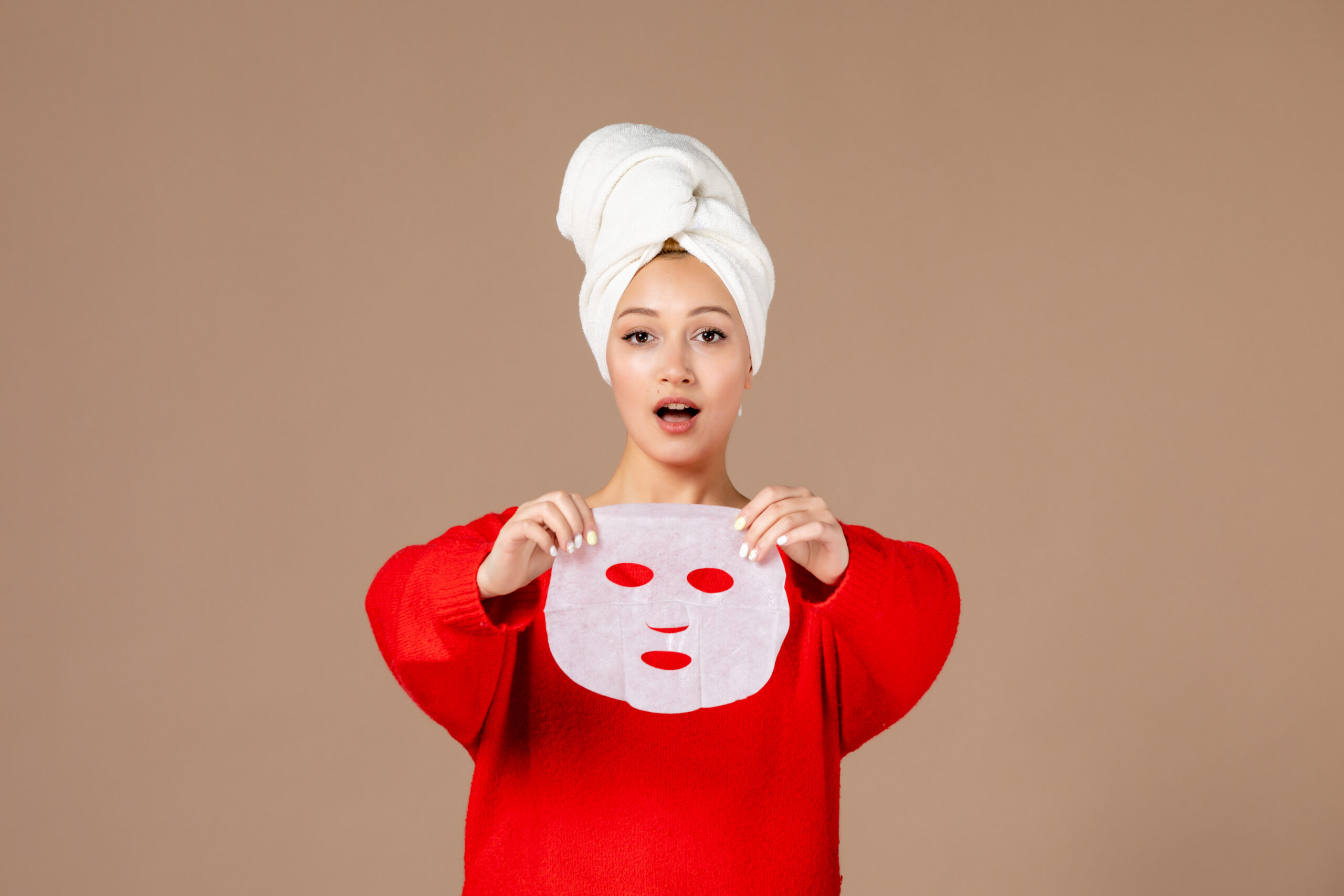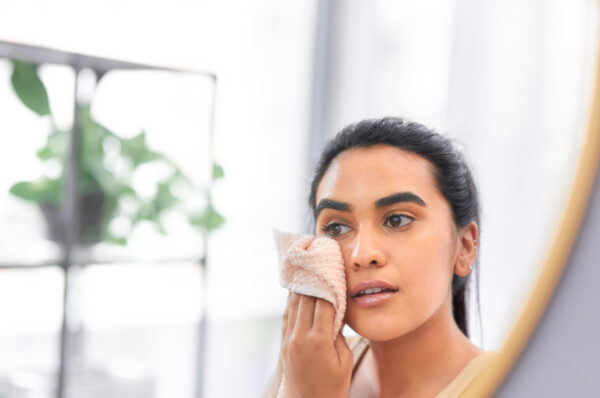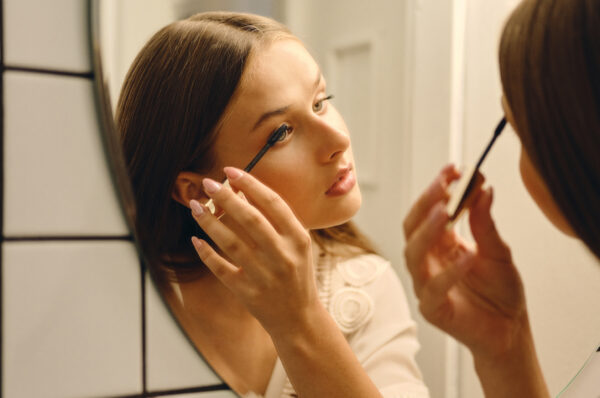If you’re dealing with acne-prone skin, the choice between peels or masks can be overwhelming. Both promise better skin appearance, but which gives more results? We at Skin Philosophy understand this issue and would like to assist you in making the best choice for your type of skin. This complete guide explains the major distinctions between peels and masks and their efficacy for acne treatment, as well as how to decide which one is best for your requirements. If you’re struggling with persistent blackheads or inflammatory acne breakouts, knowing these methods will allow you to get the healthy, clear skin you’ve always wanted.
Understanding Masks for Acne-Prone Skin
Masks are a gentle way to treat acne-prone skin when in comparison to chemical peels. They are effective in removing dirt, reducing oil production, and supplying specific ingredients for problematic areas.
Types of Masks for Acne Treatment:
- Clay masks absorb oil and clear pores
- Masks of charcoal draw away deep-seated impurities and toxins.
- Hydrating masks help restore the balance of moisture without constricting pores
- Peel-off masks take away blackheads and other surface debris.
Studies have shown that masks for hydrating are particularly beneficial for skin with acne. A lot of people who suffer from acne are dehydrated due to the harsh treatment methods that rob the natural moisture. If the skin is dry, it will compensate by producing oil, which could lead to breakouts that get worse.
Key Benefits of Masks:
- More gentle than chemical peels
- Use it up to a couple of times per week. It is safe.
- Give immediate results that are visible and tangible.
- For skin types with sensitive skin
Its Skin Philosophy collection offers great options, such as the BEAUTY of JOSEON Red Bean Refreshing Pore Mask, which offers exfoliation that is gentle and smoothing benefits. Similar to this, the SKINFOOD Egg White Pore Mask provides deep cleansing without drying the skin.
Chemical Peels: The Science Behind Acne Treatment
Chemical peels make use of acids to eliminate dead skin cells and get more deeply into the pores than conventional masks. They are highly efficient for acne as they tackle multiple causes simultaneously.
How Chemical Peels Combat Acne:
- Reduce the number of comedones (clogged hair follicles)
- Reduce the production of oil significantly
- Eliminate acne-causing bacteria
- Redness and inflammation are reduced.
- Increase absorption of other skincare products
Types of Chemical Peels:
- Light peels employ gentle acids such as glycollic and the lactic acid
- Medium peels penetrate further for greater dramatic outcomes.
- BHA peels are specifically targeted at blockages that are oil-soluble in pores
Recent studies of AHA-BHA-infused treatments have shown promising results in treating acne. Studies have shown that these acid mixtures help reduce sebum production, inflammation, and acne lesions. The research suggests that AHA-BHA treatments may be highly beneficial for the treatment of acne control.
Products such as those from the A’PIEU Glycolic Acid Peeling Booster and CNP Laboratories Professional Solutions Invisible Peeling Booster Pads by Skin Philosophy offer professional-grade results at home. These treatments offer controlled exfoliation, which can dramatically improve the texture of your skin and increase clarity.
Comparing Effectiveness: Masks vs Peels
Immediate Results:
Masks are typically instantaneous, with visible results after just one application. Peel-off masks will immediately eliminate blackheads. Clay masks can reduce shine and can tighten pores. Chemical peels can cause initial redness, but they can also deliver drastic improvements in the long run.
Long-term Benefits:
Chemical peels usually provide longer-lasting results that are superior to acne treatment. They are able to reduce scarring from acne as well as improve skin texture and offer long-lasting improvements in controlling oil. But they do require more time to recover and sun protection.
Safety Considerations:
Masks are generally safer to use for regular use and have fewer side consequences. Dermatologists advise using peel-off treatments every week and gentler masks every two weeks. Chemical peels should be applied in smaller amounts and could require guidance from a professional for best results.
Cost Effectiveness:
Masks usually cost less per session and can be utilised more frequently. Chemical peels might be more expensive upfront; however, they may provide better quality and value by providing longer-lasting results.
Choosing the Right Treatment for Your Skin
Consider Masks If You Have:
- Skin sensitive or reactive
- Acne that is mild to moderate
- The preference for gentle treatments
- Experience with active ingredients is limited.
Consider Chemical Peels If You Have:
- Unresponsive acne that doesn’t respond to other treatments
- Hyperpigmentation post-inflammatory or acne scarring
- Oily skin that can tolerate more aggressive treatments
- Experience with acids for skin care
Combination Approach:
A lot of skincare experts suggest applying both treatments in a coordinated manner. It is possible to use gentle masks to maintain your skin and include chemical peels on a regular basis to provide a deeper treatment. Skin Philosophy offers products that can help you achieve this, like the MEDI-PEEL Hyaluronic Acid Layer Mooltox Wrapping Mask to hydrate and the DR. JART+ Pore Remedy exfoliating serum that provides soft chemical exfoliation.
Professional Recommendations and Best Practices
Dermatologists stress the importance of beginning slowly with any new treatment. Begin by using gentler products and gradually increase the intensity based on the skin’s reaction. Always test your skin patch before using new products, particularly chemical peels.
Essential Tips:
- Avoid using masks and powerful chemical peels in the same day
- Always follow-up with sunscreen and moisturizer
- Take note of your skin and adjust frequency according to your skin.
- Seek advice from a professional if you have issues with acne that persist.
Conclusion:
The decision between masks and peels depends on the specific requirements of your skin as well as sensitivity levels and the treatment goals. Masks provide a more gentle, faster, and more immediate treatment that is suitable for maintaining sensitive skin types. Chemical peels offer more intense, long-lasting results, but they do require a greater amount of caution and a longer recovery.
At Skin Philosophy, we believe that the most effective approach is to combine the two treatments to achieve optimal results. Start with gentler treatments to determine your skin’s tolerance, and then gradually introduce chemical peels for better results. Be aware that consistency is more important than intensity. Consistent application of the right treatments will yield better results than occasional harsh treatments.
Check out our peels and masks collection to learn about the professional-grade options that can improve your acne-prone skin efficiently.





